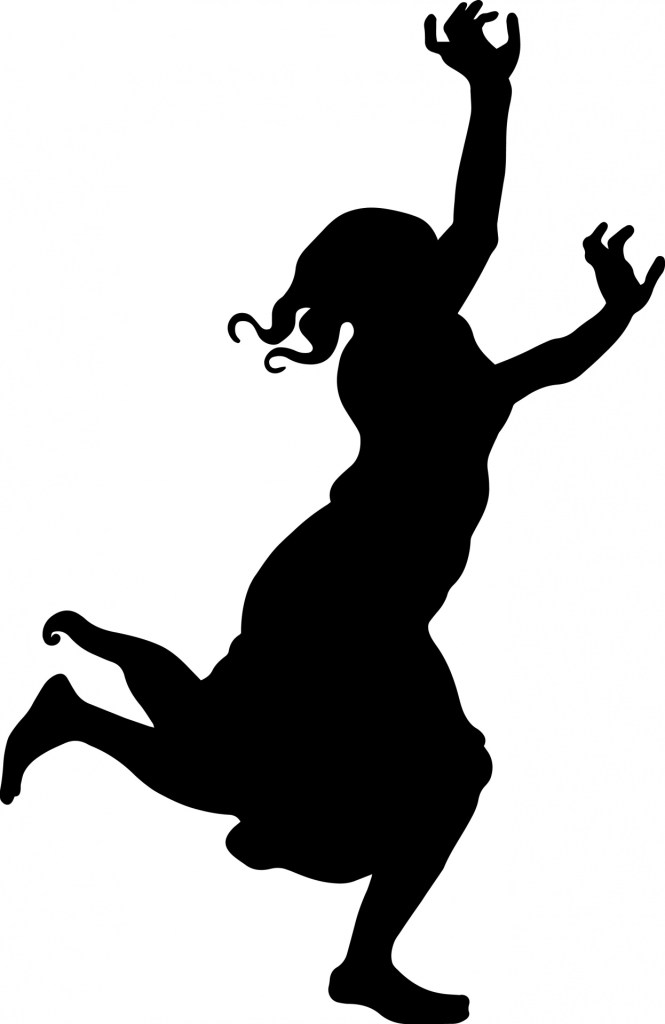FIFTH SUNDAY IN LENT
Jeremiah 31:31-34
Psalm 51:1-12 or
Psalm 119:9-16
Hebrews 5:5-10
John 12:20-33
Prayer of the Day: O God, with steadfast love you draw us to yourself, and in mercy you receive our prayers. Strengthen us to bring forth the fruits of the Spirit, that through life and death we may live in your Son, Jesus Christ, our Savior and Lord, who lives and reigns with you and the Holy Spirit, one God, now and forever.
Indeed, I was born guilty, a sinner when my mother conceived me. Psalm 51:5.
A parishioner at one of my churches, a young woman with small children, once took me to task for the language in our Lutheran Order of Confession: “we confess that we are captive to sin and cannot free ourselves.” “I find that offensive,” she said. “And I think making children recite it amounts to child abuse. Do you even understand what effect that has on their self-esteem?” I was tempted to inform her that our present language is tame compared to the confession I recited in my own childhood, to effect that “we are by nature sinful and unclean” deserving only “temporal and eternal punishment.” Of course, I refrained and what followed was a spirited and fruitful discussion of original sin, what it does and does not mean.
Offensive as it may be, “original sin” is a central teaching of the church and the psalm for this Sunday confirms as much. That being said, I do not believe our preaching and teaching on the subject of original sin have always been clear and correct. Indeed, some of our past liturgical expressions are just plain wrong. For example, to claim as does the Service of the Word in the old Missouri Synod Lutheran Hymnal, that human beings are sinful “by nature” suggests that they are essentially evil. But that is not what the biblical witnesses tell us. Human beings are, after all, God’s creatures whose creation God proclaims to be “very good.” Genesis 1:31. However much we may have fallen away from the intention God has had for us since the beginning, we remain God’s creatures in a world God deems precious enough to send the only Son to save. Still, though essentially good, we are nonetheless, “captive to sin and cannot free ourselves.”
Admittedly, it is difficult to view a newborn as “sinful.” Nevertheless, if sin is understood as being hopelessly turned in upon oneself and so incapable of loving God or neighbor, the baby is a perfect specimen.[1] An infant does not care that mom is completely worn out from caring for it all day or that dad, who has been walking it back and forth till midnight and is due to begin a project at work the next day, is also wiped. When a baby wants to eat, drink or just be amused, that is the extent of its concern. Even the best of us never quite escape the orbit of this natural self-centeredness. Through socialization, we learn that it is often in our long term best interest to consider the interests of others, sometimes even at the expense of our own. But even this is arguably a self-interested calculation. Yet, as compelling as this observation concerning human nature may be, I do not think it fully captures what it means for us to be “captive to sin.”
In discussing original sin, Saint Augustine traces its origin back to Adam and Eve with their transgression in the Garden of Eden. Through that “original” sin the rest of humanity is infected. Like a malicious congenital disease, sin is transmitted from one generation to the next through the act of procreation. While I think Augustine’s understanding of sin’s transmission through the reproductive act is mistaken, I believe that he was onto something important. Even if we were to be born a blank slate, a tabula rasa, we could not stay that way for long. We are born into families that have been shaped, for better or worse, by religious traditions, social conventions, cultural assumptions and parenting styles. Woven in with and under all these things are social pathologies, racial prejudices, class distinctions, nationalist loyalties and family animosities that invariably influence our developments. As a parent, I know that I have passed on false assumptions and prejudices my children have had to unlearn. Well meaning as I surely was, I nevertheless injured them with parenting practices that proved to be misguided. I did all of that in large part because I was shaped by the flawed customs, beliefs and practices of my own family of origin and the community in which it was situated. I was born in captivity to sin and was unable to free myself-and I suspect, sadly, that the same is true for my children and grandchildren.
We protestants tend to think of sin strictly in individual terms. Righteousness, we think, is a personal struggle. If only I were courageous enough to act with integrity; if only I were compassionate enough to be sufficiently generous; if only I had the will power to control my lust-then I would be righteous. But hungering and thirsting for righteousness is not an individual quest and it is not something individuals can attain alone. For example, it is impossible for a judge to apply the law fairly and impartially when law enforcement arrests and brings before the court a disproportionate number of defendants of color. It is impossible for a police officer to enforce the law in a just manner when the law favors some groups at the expense of others. It is impossible for an employer to treat male and female employees equally when health insurers routinely discriminate against women in the provision of health care. It is impossible for a preacher to proclaim with conviction the gospel of Jesus Christ for all people in a church that has been complicit in the sins of a nation guilty of displacing indigenous people with genocidal violence, kidnapping and enslaving African peoples for centuries and which continues to practice racial, gender and class discrimination to this day. As it turns out, an individual can only be as righteous as the society in which the individual lives. We are, individually and collectively, captive to sin and cannot free ourselves.
The really good news we call gospel is that, while we cannot free ourselves from sin, God sets us free. That happens through forgiveness. I hasten to add that forgiveness is not God’s shrugging the divine shoulders and remarking, “Well, boys will be boys. What are you going to do?” Forgiveness is not resignation to captivity in sin. It is instead the breaking open of the prison doors. Forgiveness does not make living with sin any easier. To the contrary, the struggle against it becomes all the more intense because we now know that sin does not have to dominate. The past need not determine the future. The violent cycles of vengeance between nations, clans and tribes do not have to continue. Because sin is forgiven, we can stop trying to justify it, make excuses for it and resign ourselves to it. We can name it, confess it for what it is and move on from it. In short, we are free to repent. Repentance, it must be understood, is more gift than obligation.
I am thankful for the gift of repentance and for those who have helped me find it. I am thankful for my children who have helped me recognize my blind spots and smallness of mind. It is rewarding to see them raising their children and avoiding many of the mistakes I made in raising them. I am thankful for teachers, mentors and friends who have enabled me to see beyond my own limited understanding of salvation and view more clearly God’s redemptive purpose for all creation. I am thankful for authors, actors, artists and musicians in whose work I have been able to envision a better world and a better version of myself. Am I righteous? Not by a long shot. But I am what “twelve step” folks would call “a recovering sinner.” By God’s grace, I am recognizing my addictions, their power over me and, with the support of my fellow disciples, struggling to remain sober in a world increasingly drunk on power, wealth and privilege. That is, I believe, the call and challenge of Lent.
Here is a poem by Sharon Olds whose reflection on prejudice approximates what the church has named “original sin.”
Addiction Sonnet
A prejudice is an addiction, and it’s
contagious—parents infect their children.
And addiction’s obsessive, if a man finds it
difficult to show his love to his
son, it may be because his father
escaped with his life from the village in which
his own father had just been murdered
in a pogrom, his model as a father
a man in terror.
But addiction to such a silence can be
healed, as Carl and his son tried to do,
through hard work. Workers of the world,
unite, we have nothing to lose
but the death of the earth.
Source: Poetry (April 2023). Sharon Olds (b. 1942) is an American poet. Olds won the first San Francisco Poetry Center Award in 1980, the 1984 National Book Critics Circle Award and the 2013 Pulitzer Prize for Poetry. She was raised in Berkley, California in what she describes as an abusive family. She characterizes her alcoholic father as a staunch Calvinist. The strict religious environment in which Olds was raised restricted her exposure to the outside world. Olds was not permitted to go to the movies. The family did not own a television. She was, however, a voracious reader. Olds was sent to Dana Hall School, an all-girls high school in Wellesley, Massachusetts where she studied English History and Creative Writing. She earned her BA at Stanford University in 1964 and her Ph.D in 1972 from Columbia University in New York. She currently teaches creative writing at New York University. You can read more about Sharon Olds and sample more of her poetry at the Poetry Foundation Website.
[1] The biblical words for “sin” have numerous shades of meaning. A thorough examination of the context is required to understand what the word signifies in any given text. That discussion, however, requires more than any single article of this kind can deliver.




